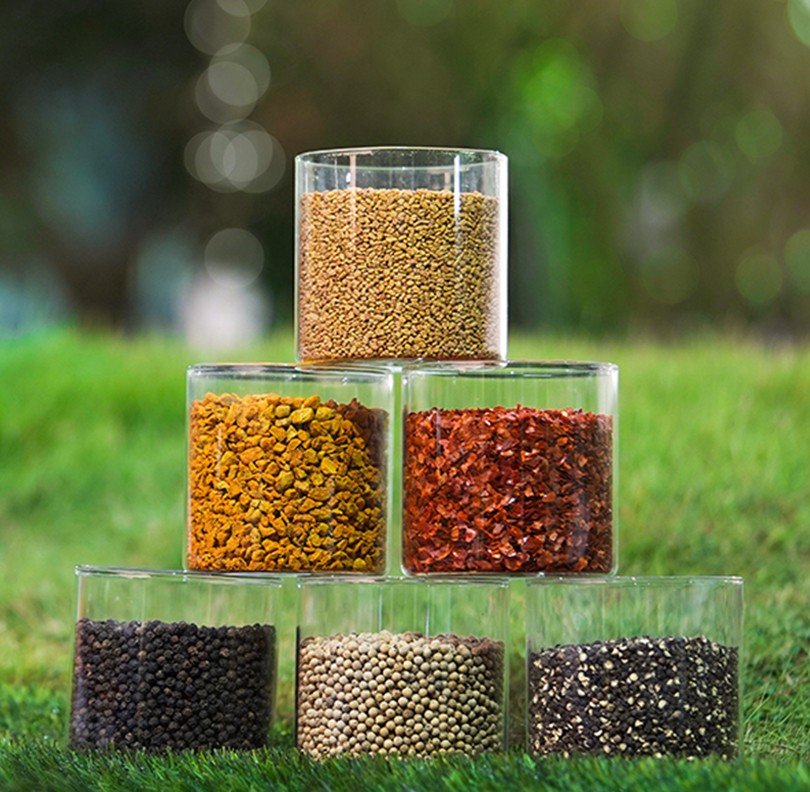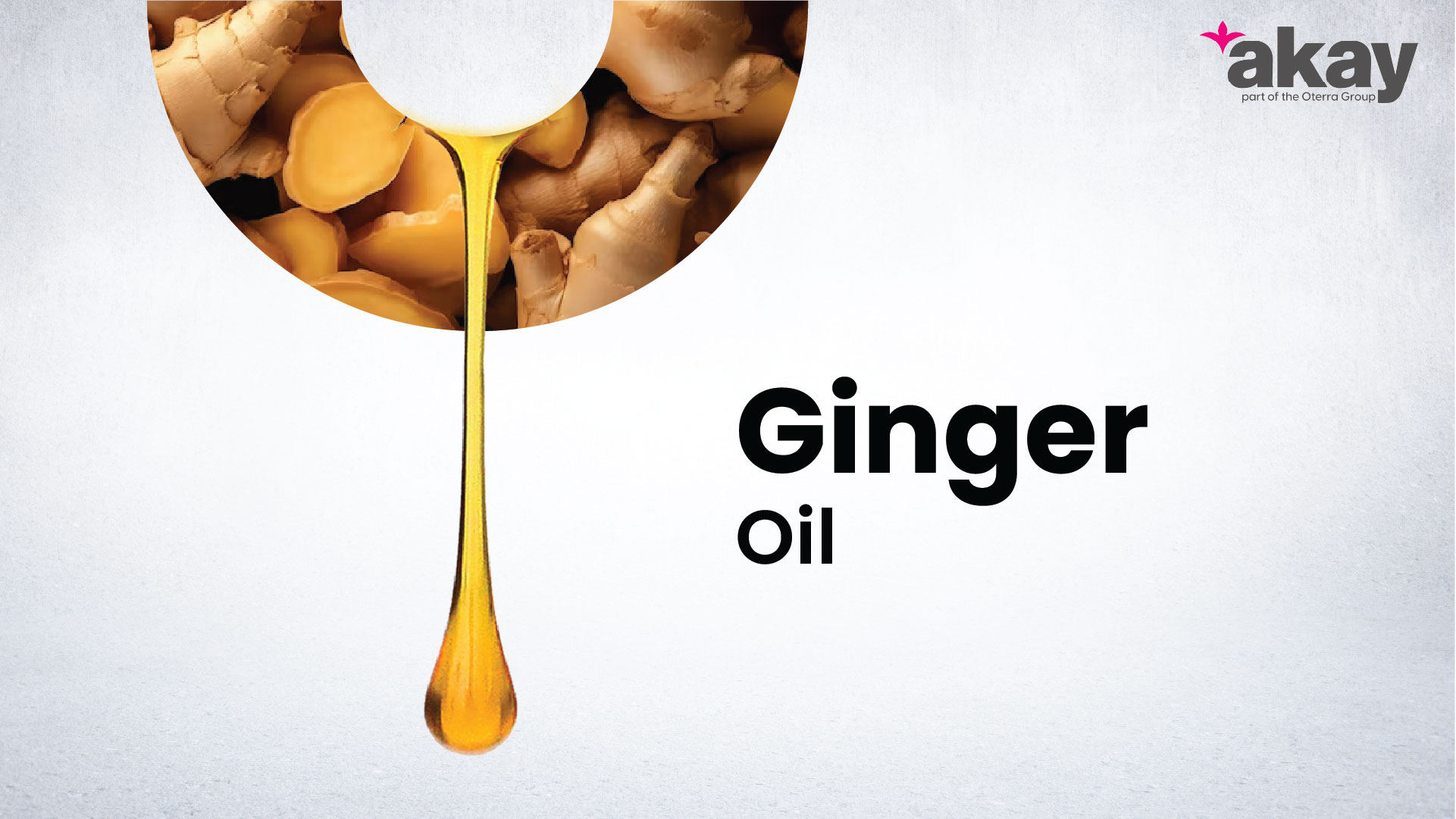Nigella sativa | Black Cumin Seed extract & its benefits

Black Cumin Seed extract & its benefits
Black Cumin Seed
Black cumin seed and its oil have a long history of folklore usage in Arabian and Indian civilizations as food and medicine. The dry roasted seeds flavor the dishes, vegetables and pulses whereas the seed oil heals a number of ailments related to the respiratory system, gut health, circulatory and immune system, and is used for improving general well-being. In Islam, it is regarded as one of the greatest forms of healing medicine available in the world and was even found in the Egyptian Pharaoh Tutankhamun’s tomb! The Islamic prophet Muhammad once stated that black cumin seeds can heal every disease except death. Being the seeds with immense healing powers, the ancient world called them blessed seeds. There is no wonder that recently FDA has declared it a Generally Recognized as Safe (GRAS) food for use due to its popularity around the globe.
Nigella sativa
Botanically it is known as Nigella sativa L from the family Ranunculaceae. The genus name Nigella comes from the Latin word “Niger” which means black referring to the seed color and the specific epithet “sativa” means cultivated. Native to the Mediterranean and Asian regions, but naturalized over a much wider area, including Europe and Africa Black cumin seeds have been cultivated for more than 3,000 years for a multitude of uses.
The ancient spice is recognized by many for its influence on nutrition and health. In India, it is well documented in the Classical treatises of Ayurveda with a Sanskrit name “Upakunchika”. The miraculous seeds are elaborately explained in a spectrum of diseases and formulations which are widely prescribed by physicians. The properties of the aromatic seeds are reported as acrid and somewhat bitter in taste, thermogenic in nature and hot in potency. It is used in correcting the vitiated vata and kapha. Grouped among the pancha jeeraka, which is a collection of five types of cumins that are therapeutically used in various conditions, especially for women's health support, the black cumin seeds itself regarded as a feminine herb due to their action on the female reproductive system. It is considered as Garbhashaya vishodhini (which purifies the uterus) and Vrishya (Aphrodisiac). The treatises also mention the action of black cumin seeds in the digestive system. It was termed agni deepani (carminative), ajeerna shamani (which pacifies indigestion) and shoolaghni (removes the postprandial distress). A very peculiar indication called “medha vardhanam” (“brain-mind tonic”) is documented in the Ayurvedic compendiums light up to the neurological action of black cumin seeds. It calms the mind, relaxes the body from the tiring life routines and eventually provides sound sleep.
The standardized black seed extract
A spectrum of biomolecules like thymoquinone, dithymoquinone, thymol, and thymohydroquinone is reported from the black cumin seeds through various scientific research and the most studied biomolecule is thymoquinone. It is well known for various pharmacological actions such as antioxidant (Abd-Elkareem et al., 2021), antimicrobial (Mouwakeh et al., 2018), antihypertensive (Enayatfard et al., 2018), antidiabetic (Bule et al., 2020), lipid-lowering (Majdalawieh et al., 2021), neuroprotective (Abulfadl et al., 2018), gastroprotective (Bukar et al., 2017), anticancer (Edris, 2021), anti-inflammatory (Alkharfy et al., 2018; Ahmad et al., 2020) and improving sleep quality and alleviating stress and anxiety (https://doi.org/10.1016/j.hermed.2021.100507).
Effects of Nigella sativa on human body

Black cumin seed Extract
Furthermore, many studies have been conducted to unfold the molecular mechanisms underlying the pharmacological actions of black cumin seeds and its extract. The anti-cancerous activity of thymoquinone explains via numerous mechanisms of action, specifically by showing selective antioxidant and oxidant activity, interfering with DNA structure, affecting carcinogenic signalling molecules/pathways and immunomodulation (Asaduzzaman Khan et al., 2017). Its anti-inflammatory effects are attributed to its inhibition of inflammatory cytokines and processes, including pathways associated with 5-LO, COX, and PGD2. Improvement in sleep quality is explained on the basis of enhancement of Orexin A & B, the key neuropeptides produced in the hypothalamus and interact with the hypothalamic-pituitary axis (HPA) to regulate sleep-wake cycle and neuroendocrine activation associated with stress.
Black cumin seed extract applications
- As a 100% natural sleep aid and stress reliever
- Act as an anti-oxidant
- Acts as an anti-inflammatory
- Acts as a hepato protective agent
- Improves immunity
References
- Hannan MA et al., (2021) Black Cumin (Nigella sativa L.): A Comprehensive Review on Phytochemistry, Health Benefits, Molecular Pharmacology, and Safety. Nutrients.13(6).
- Ratheesh M et al., (2021) Antioxidant, Anti-inflammatory, and Anti-Arthritic Effect of Thymoquinone-rich Black Cumin (Nigella sativa) oil (BlaQmax®) on Adjuvant-induced Arthritis. J Food Res.10(1):p 52.
- Das S et al., (2021). Thymoquinone-rich black cumin oil improves sleep quality, alleviates anxiety/stress on healthy subjects with sleep disturbances– A pilot polysomnography study. Journal of Herbal Medicine, 100507.
- Tavakkoli, Alireza et al., (2017) “Review on Clinical Trials of Black Seed (Nigella sativa) and Its Active Constituent, Thymoquinone.” Journal of pharmacopuncture vol. 20,3: 179-193.
Keywords: black cumin seeds, Nigella sativa, respiratory health, gut health, circulatory health, immune health, biomolecules, thymoquinone, pharmacological actions.












